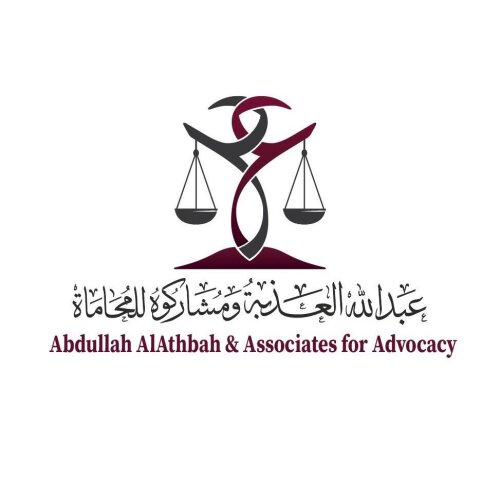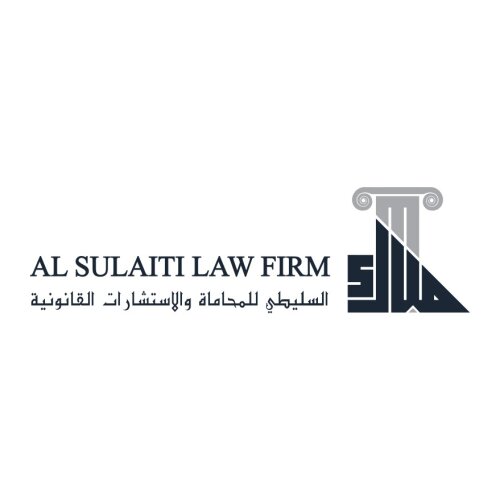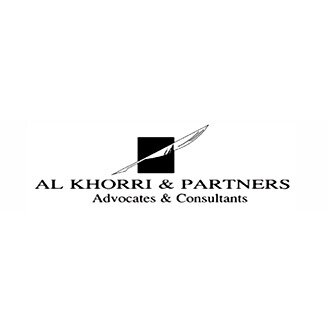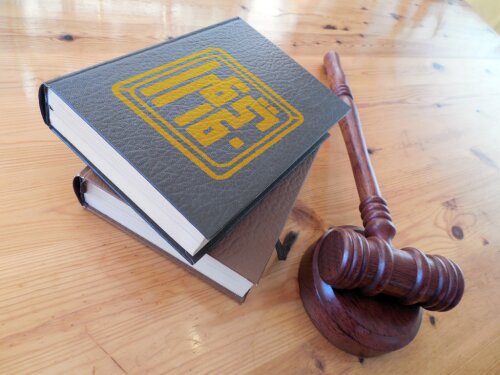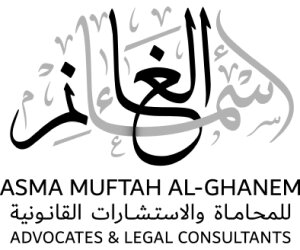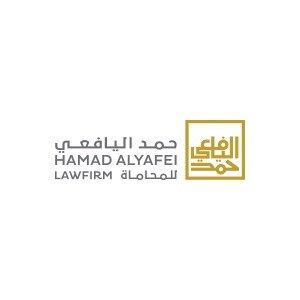Best Structured Finance Lawyers in Doha
Share your needs with us, get contacted by law firms.
Free. Takes 2 min.
List of the best lawyers in Doha, Qatar
About Structured Finance Law in Doha, Qatar
Structured finance refers to complex financial instruments and arrangements used for risk management, capital raising, and investment optimization, often involving the pooling of financial assets and the issuance of securities. In Doha, Qatar, structured finance plays a vital role in supporting large-scale infrastructure projects, real estate development, and corporate expansion. The legal framework in Qatar encompasses both conventional and Islamic finance structures, accommodating the unique requirements of regional regulations and Shariah-compliant practices.
Why You May Need a Lawyer
Engaging a lawyer in structured finance matters can be critical for several reasons. Individuals and businesses may require legal support for the following common scenarios:
- Structuring and negotiating complex financial transactions
- Ensuring compliance with Qatari laws and regulations, including Shariah principles
- Mitigating legal and financial risks associated with asset-backed securities, securitizations, and syndications
- Drafting and reviewing transaction documents such as term sheets, loan agreements, and security documentation
- Resolving disputes between parties in financial arrangements
- Advising on cross-border investments and foreign ownership regulations
- Guiding restructuring and refinancing of existing debt instruments
With the complexity of structured finance deals and local regulatory nuances, legal expertise ensures transactions are sound, compliant, and suitably tailored to protect all parties involved.
Local Laws Overview
Structured finance in Doha is regulated by a combination of Qatari civil law, the Qatar Central Bank (QCB) regulations, and specific rules governing the Qatar Financial Centre (QFC). The legal environment incorporates conventional banking laws as set out by the Qatar Central Bank, as well as Shariah-compliant frameworks for Islamic finance structures, which are increasingly popular in the region.
Key aspects include:
- Compliance with QCB regulations on capital adequacy, risk assessment, and permitted activities
- Observance of anti-money laundering laws and international financial reporting standards
- Use of Special Purpose Vehicles (SPVs) under Qatari and QFC laws for asset securitization
- Adherence to civil code provisions on contracts, enforceability of security, and creditor rights
- Integration of Shariah principles in Islamic structured finance, including Murabaha, Sukuk, and Ijara structures
- Foreign investment regulations, especially for transactions involving international entities
Lawyers experienced in Qatari structured finance can help navigate these laws and identify potential legal challenges, ensuring efficient and compliant structuring.
Frequently Asked Questions
What is structured finance and how is it used in Qatar?
Structured finance refers to specialized financial instruments aimed at managing risks and funding large projects. In Qatar, it is commonly used for infrastructure, real estate, and corporate developments.
Are there Shariah-compliant structured finance options in Doha?
Yes, many financial institutions in Qatar offer Islamic finance structures such as Sukuk and lease-based arrangements that comply with Shariah principles.
What are the main regulatory bodies for structured finance in Doha?
The Qatar Central Bank, Qatar Financial Centre Regulatory Authority, and Ministry of Commerce and Industry are primary regulatory authorities.
Can foreign investors participate in structured finance deals in Qatar?
Yes, though there are regulations and eligibility criteria. Foreign investors often operate through the Qatar Financial Centre, which provides a favorable legal and tax environment.
What are Special Purpose Vehicles (SPVs) and why are they important?
SPVs are separate legal entities created to isolate financial risk. They are commonly used in structured finance to hold assets and issue securities.
How does Qatar's civil law system affect structured finance transactions?
Qatar's civil code governs contracts, security interests, and creditor rights, affecting transaction enforceability and structure.
What legal risks are associated with structured finance in Doha?
Key risks include regulatory compliance, enforceability of security interests, contractual disputes, and market volatility.
How does Islamic finance impact structured finance structures?
Islamic finance principles influence the types of financial instruments used, prohibiting interest and encouraging asset-based transactions.
What documents are typically required in a structured finance transaction?
Term sheets, facility agreements, security documents, SPV incorporation documents, and Shariah compliance certifications may be required.
What should I look for when hiring a structured finance lawyer in Doha?
Seek lawyers with experience in both conventional and Islamic finance, comprehensive knowledge of Qatari regulations, strong transactional skills, and familiarity with cross-border issues.
Additional Resources
The following resources can be valuable for anyone seeking more information or support in structured finance matters in Qatar:
- Qatar Central Bank (QCB): For official regulations and licensing requirements
- Qatar Financial Centre Regulatory Authority (QFCRA): Information and guidance for entities operating in the QFC
- Ministry of Commerce and Industry: Business registration and regulatory information
- Qatar Islamic Finance Association: Insights into Islamic finance standards and practices
- Academic institutions and local law firms specializing in banking and finance law
Next Steps
If you need legal assistance in structured finance, begin by clearly defining your objectives and gathering all relevant documentation such as contracts, financial statements, and proposals. Research law firms or independent lawyers in Doha who specialize in banking and finance law, particularly those with experience in complex, cross-border, or Shariah-compliant structured finance matters. Arrange an initial consultation to discuss your needs, clarify the fee structure, and assess their experience in matters similar to yours. Engaging the right legal advisor early in the process can safeguard your interests, ensure regulatory compliance, and facilitate successful execution of your structured finance transaction.
Lawzana helps you find the best lawyers and law firms in Doha through a curated and pre-screened list of qualified legal professionals. Our platform offers rankings and detailed profiles of attorneys and law firms, allowing you to compare based on practice areas, including Structured Finance, experience, and client feedback.
Each profile includes a description of the firm's areas of practice, client reviews, team members and partners, year of establishment, spoken languages, office locations, contact information, social media presence, and any published articles or resources. Most firms on our platform speak English and are experienced in both local and international legal matters.
Get a quote from top-rated law firms in Doha, Qatar — quickly, securely, and without unnecessary hassle.
Disclaimer:
The information provided on this page is for general informational purposes only and does not constitute legal advice. While we strive to ensure the accuracy and relevance of the content, legal information may change over time, and interpretations of the law can vary. You should always consult with a qualified legal professional for advice specific to your situation.
We disclaim all liability for actions taken or not taken based on the content of this page. If you believe any information is incorrect or outdated, please contact us, and we will review and update it where appropriate.




